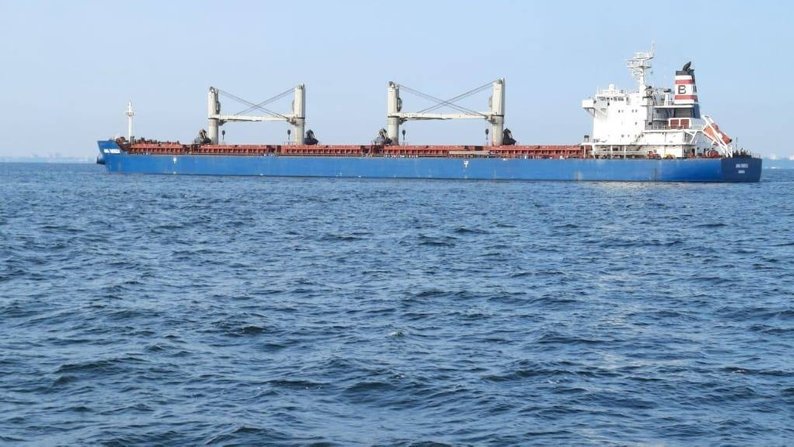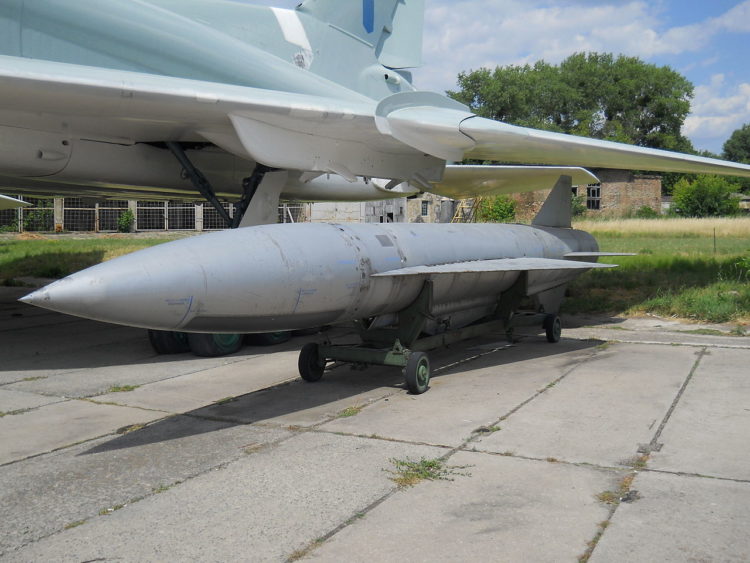Bloomberg reported that Türkiye, Romania, and Bulgaria have launched a joint mine-hunting force to enhance shipping security, particularly for Ukrainian grain exports.
The initiative, led by Istanbul, marks the first major collaborative effort among Black Sea nations since Russia invaded Ukraine in February 2022.
The primary objective of this operation is to neutralize mines that have drifted into specific areas of the Black Sea as a consequence of the ongoing conflict.
"The Istanbul-led initiative... is aimed at defusing mines drifting into specific areas of the Black Sea as a result of the war," reports indicate.
This move is crucial for global grain markets, as Russia and Ukraine are key producers. The Russian war against Ukraine has posed significant challenges to the safe passage of shipments, prompting Ukraine to establish its own Black Sea export route in 2023 following the collapse of a UN-backed safe-corridor deal.
While this new route has successfully boosted exports and contributed to Ukraine's economic growth, it remains fraught with risks.
"Last year, a Russian missile strike near the key Ukrainian port of Odesa hit a commercial ship, killing a pilot and injuring others," the report states, highlighting the ongoing dangers faced by vessels in the region.
Despite these challenges, Ukraine reports a significant recovery in its Black Sea export volumes. According to the Ukrainian Infrastructure Ministry, "Ukraine has exported 37.4 million tons of agrarian products from Odesa, Chornomorsk and Pivdennyi since the opening of the marine corridor in August 2023."
While Türkiye, Romania, and Bulgaria are NATO members, this mine-clearing operation is being conducted outside of NATO's framework. This decision is reportedly made "partly to avoid escalating tensions with Russia."
The Ukrainian maritime corridor, secured by the Joint Forces of Defense of Ukraine, has facilitated the export of 55 million tons of cargo over the past ten months of operation.
Since Russia's withdrawal from the Black Sea Grain Initiative last summer, 1,300 ships have utilized the temporary sea route created by Ukraine and international partners.
Read also:
- Zelenskyy: Negotiations with Russia are only possible with mediators
- Ukraine informed European Commission that Poland stopped entry of Ukrainian trucks
- Politico: Ukraine’s ‘people’s satellite’ wreaks havoc on Russian targets





